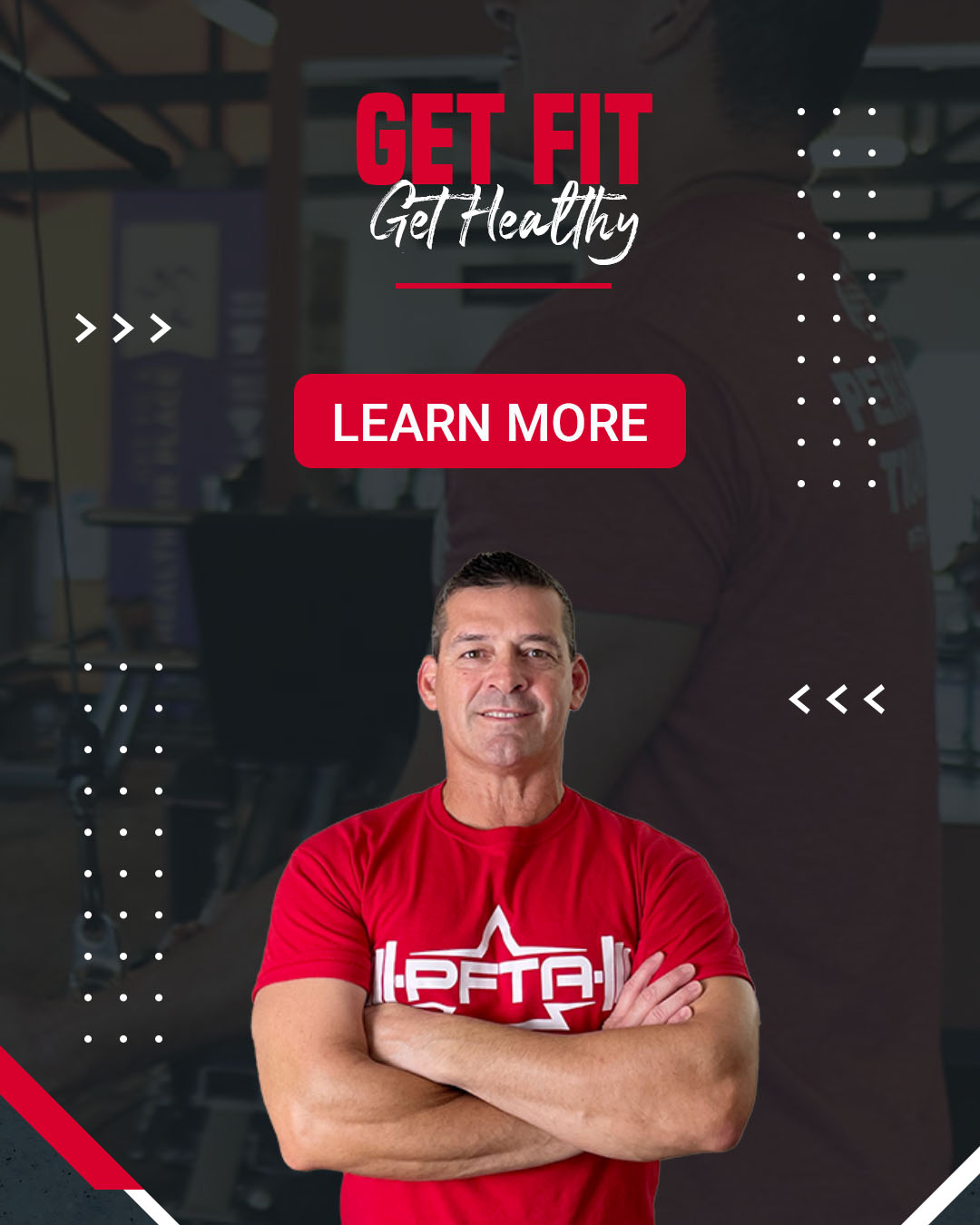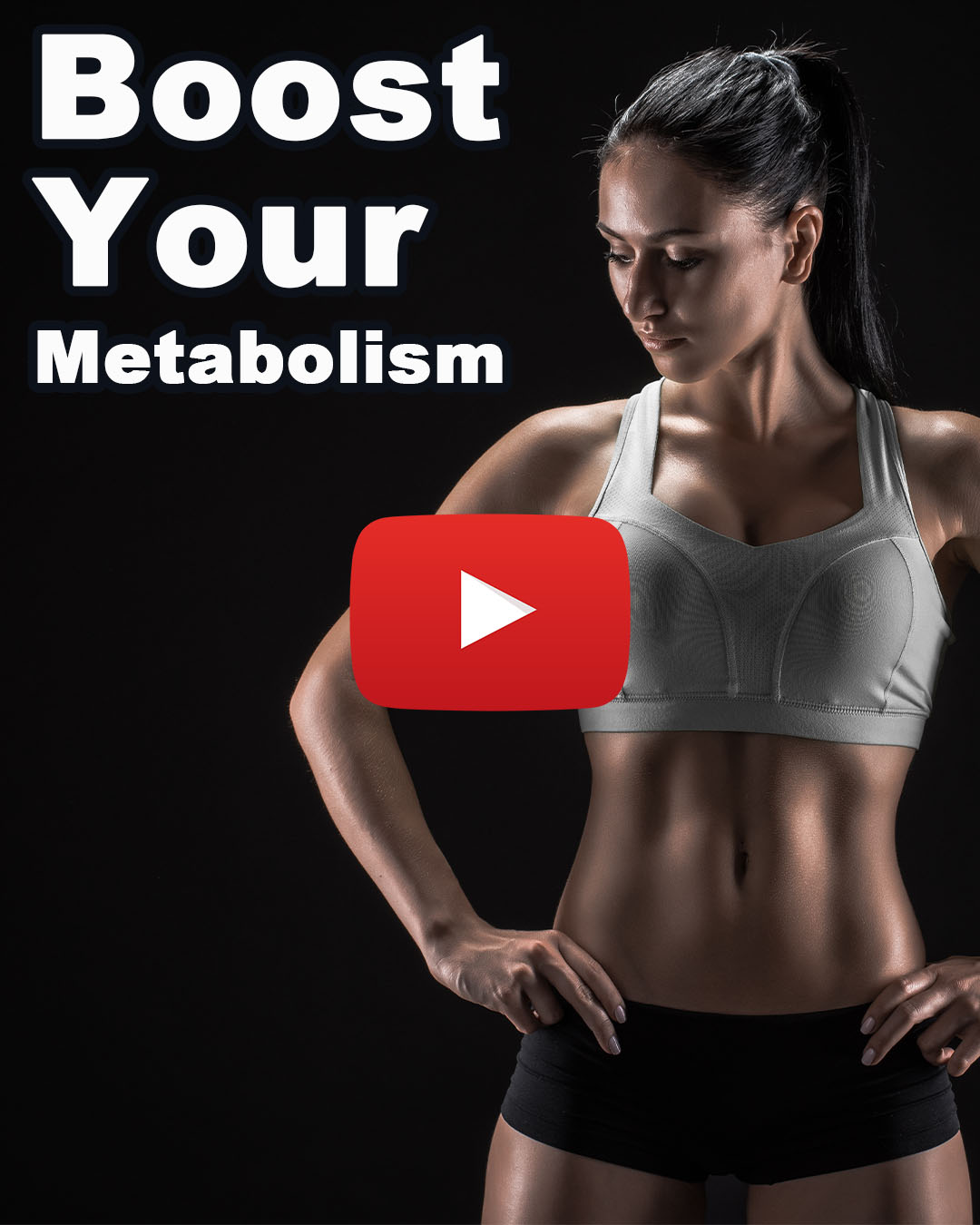Fasted Cardio
We all want to burn as much fat as possible. One of the latest fads going around is "fasted cardio." But, does fasted cardio burn more fat? Will you lose more weight? Should you skip breakfast? It really depends on your goal. Before you skip breakfast and head to the gym, keep reading to learn if fasted cardio is right for you.
Fat Burning
Most people will tell you they are performing fasted cardio because it burns more fat. The theory is that since you have used most of your sugar for the overnight fast, theoretically, you should burn more fat if you exercise first thing in the morning on an empty stomach. And in fact, Horowitz et al. (1997) showed that six trained cyclists burned more fat during a fasted state as opposed to a fed state.
Food seems to limit lipolysis which in turn limits fat oxidation. The six cyclists trained at a moderate intensity level for 60 minutes and were able to burn a few more fat calories in a fasted state versus a fed state. So there is definitely data that proves the fat burning theory.
And if you want to burn more fat, click the image below to read the article on high intensity interval training (HIIT). You might want to fire up your workouts a bit.

Muscle Loss
On the other hand, we have to consider muscle loss. If you are overweight or obese, and don’t care about losing some muscle along with fat, then fasted cardio may be your ticket to greater weight loss. But, if you’re like me, and you are trying to hang on to every ounce of muscle you've worked hard for, then you may want to reconsider your fasted cardio strategy.
For example, Lemon et al. (1980) studied the effects of protein loss during exercise on a fasted state versus a fed state. The fasted subjects burned protein for energy at a rate of 10.3%. This means that since the body did not have enough sugar in the bloodstream, it broke down more protein than usual to fuel the workout session. This 10.3% is significantly higher than the fed state and very close to what happens during long periods without food. We normally only burn 3-5% protein during exercise.
Want to learn how much protein you should be eating every day? Click the image below to estimate your protein needs.

What To Do
If you want to preserve your muscles, then you need to fuel your workouts. Your body is trying to survive by any means necessary including burning up muscle if necessary. In a perfect world, all of the energy would come from fat, but it doesn't work like that. We normally use no more than 3-5% of our protein for energy during exercise. Therefore, to preserve your muscle, make sure you eat enough protein through out the day. And it's also important to eat carbs before and after your workouts.
And if you want to learn more about exercise science and sports nutrition, click the image below for more info on our classes.

Energy Levels
On the other hand, we have to mention exercise performance. Schabort et al (1999) compared prolonged exercise activity for those who ate breakfast vs. those who skipped breakfast. Everyone cycled at 70% of their VO2 max, which is of moderate intensity. The subjects who ate breakfast endured for 136 minutes while the fasted subjects quit after 109 minutes.
You may not exercise that long, but it does show your energy levels will be higher after a snack. Eating a snack 30-60 minutes before your workout may lead to a better workout. A better workout may lead to building more muscle, improving athletic performance, and burning more fat.
The best thing to do is find a plan that works for you. If you need help with an exercise and/or a nutrition plan, we can help! Click the image below for more info on personal training.

The After Burn
What is the after burn? The after burn is the amount of calories you burn up once you have completed your exercise sessions. These extra calories are used by your body to recover and restore your body back to pre-exercise condition. Interestingly enough, the after burn was higher for those who ate before their workout versus those who fasted. Lee et al. (1999) showed that subjects who consumed a glucose milk solution before exercise burned more fat during the two hours after working out than the subjects who performed fasted cardio.
The harder workouts may have contributed to the extra burn. Plus, eating food may have increased your metabolism to burn even more calories. So eating a pre-workout snack may have more benefits than we previously discussed. Want to find out other ways to boost your metabolism? Click the image below to watch other ways to boost your metabolism.

Knowledge is Power
And if you want more tips on exercise and nutrition, add your email below. You'll receive weekly tips directly to your inbox. Plus, you'll also receive the occasional coupon code for our classes.
Summary
Although research is limited, there doesn’t seem to be enough support to warrant fasted cardio if you’re looking to burn fat but maintain or increase muscle mass. Fasted cardio isn’t bad for you; but, it’s probably not your best option to improve health and fitness. Burning a few more fat calories during your workout may not be enough to counter lower energy levels and increased protein breakdown. But the most important thing is getting to the gym and working out; therefore, if fasted cardio seems to be working for you, then stick with it! Each person should decide what works for them. Happy health and happy training!
Written By
R.A. Escobar, PFTA instructor and personal trainer
Sources:
Horowitz, J. F., et al. “Lipolytic Suppression Following Carbohydrate Ingestion Limits Fat Oxidation during Exercise.” American Journal of Physiology, vol. 273 (4, no. 4,pt.1, Oct. 1997, pp. e768–e775.
Lee, Y. S., et al. “The Effects of Various Intensities and Durations of Exercise with and without Glucose in Milk Ingestion on Postexercise Oxygen Consumption.” The Journal Of Sports Medicine And Physical Fitness, vol. 39, no. 4, Dec. 1999, pp. 341–347.
Lemon, P. W., and J. P. Mullin. “Effect of Initial Muscle Glycogen Levels on Protein Catabolism during Exercise.” Journal Of Applied Physiology: Respiratory, Environmental And Exercise Physiology, vol. 48, no. 4, Apr. 1980, pp. 624–629.
Schabort, E. J., et al. “The Effect of a Preexercise Meal on Time to Fatigue during Prolonged Cycling Exercise.” Medicine And Science In Sports And Exercise, vol. 31, no. 3, Mar. 1999, pp. 464–471.
Schoenfeld, Brad MS, CSCS. Does Cardio After an Overnight Fast Maximize Fat Loss? Strength and Conditioning Journal: February 2011 - Volume 33 - Issue 1 - p 23-25.